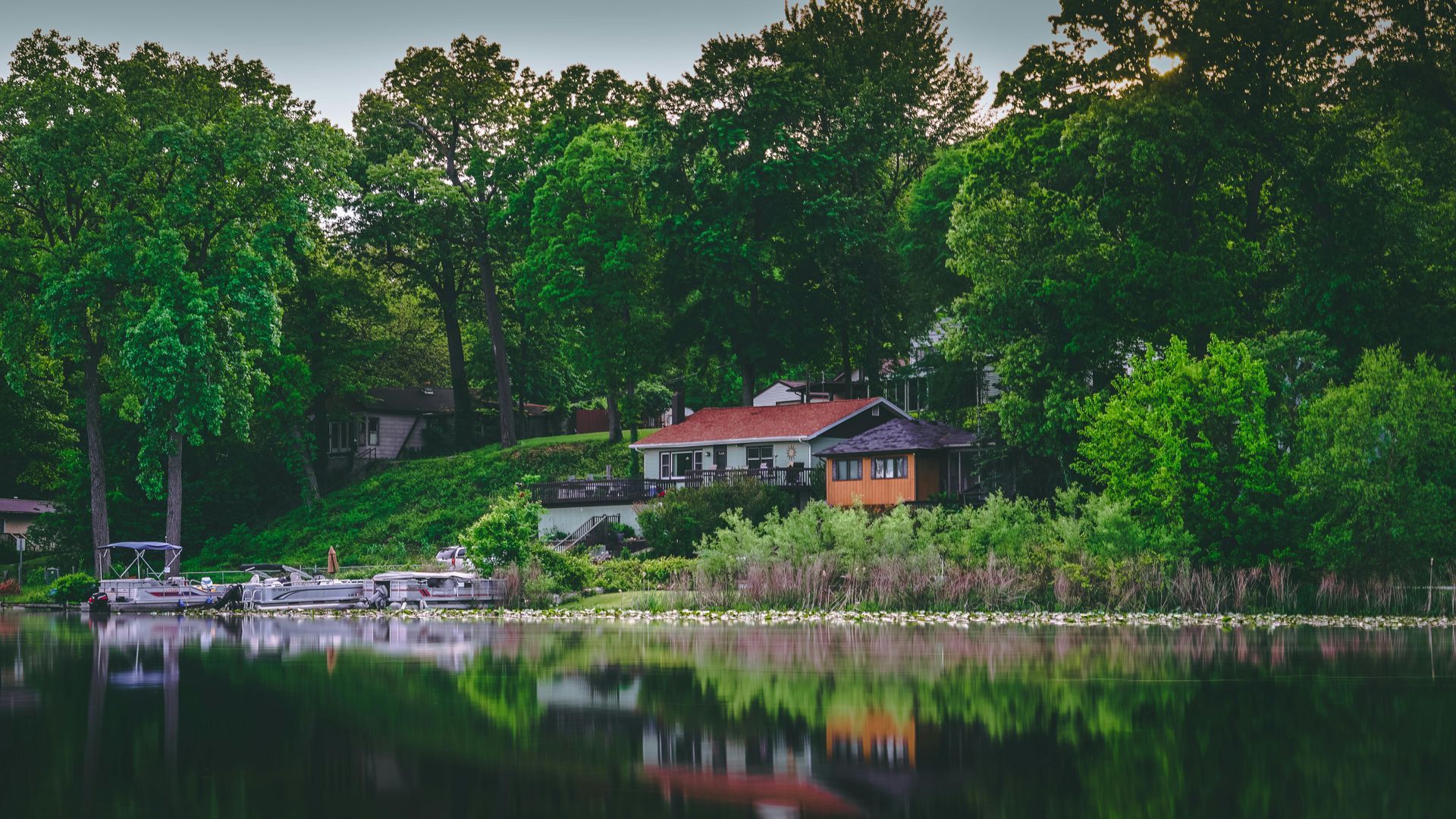Avoiding Ancillary Probate: Why Out-of-State Property Owners in Kansas and Missouri Need a Trust
Owning Property in Multiple States Could be a Recipe for Disaster Without Proper Planning

If you're a resident of Kansas or Missouri and you own real estate in another state—whether it’s a vacation cabin in Colorado, a rental condo in Florida, or farmland in Nebraska—you may be surprised to learn that your estate could be subject to more than one probate proceeding after you pass away. This legal headache is known as ancillary probate, and it can be costly, time-consuming, and stressful for your heirs. The good news? With the right planning, you can avoid it altogether—typically by using a revocable living trust.
What Is Ancillary Probate?
Ancillary probate is a second (or third, or fourth) probate proceeding required when a person dies owning real estate or certain tangible property in a state other than where they legally reside (their state of domicile). In such cases, the primary probate will take place in the home state—Kansas or Missouri, for example—but each additional state where property is located will usually require its own court process to transfer title to heirs or beneficiaries.
So, if you live in Kansas and own a vacation home in Arizona, your executor will need to go through probate in Kansas and initiate ancillary probate in Arizona to transfer that property to your heirs.
Why Is Ancillary Probate a Problem?
There are several reasons why families should try to avoid ancillary probate:
- Extra legal fees – Every probate court has its own filing fees, publication costs, and attorney requirements. Ancillary probate means paying for multiple court proceedings.
- More delays – Each state’s court system has its own timelines and procedures, potentially dragging out the administration of your estate.
- Increased stress for loved ones – Handling probate is difficult enough. Adding out-of-state proceedings complicates the process and can create confusion.
- Potential for conflict – Different state laws may impact how your property is handled or taxed, which can lead to disputes among beneficiaries.
Kansas and Missouri Residents at Risk
Ancillary probate is particularly relevant for residents of Kansas City because it’s not uncommon for people in this region to own second homes, farmland, or investment properties across state lines. Retirees often purchase vacation homes in warmer climates, and others inherit or invest in property outside of their home state.
Even if your estate plan is otherwise solid, failing to plan for out-of-state property can derail your intentions. That’s where a revocable living trust comes in.
The Trust-Based Solution
The most effective way to avoid ancillary probate is by transferring ownership of your out-of-state property into a revocable living trust during your lifetime.
Here’s how it works:
- You create a trust and transfer your real estate (and other assets, if desired) into the trust’s name.
- Because the trust—not you as an individual—owns the property, there’s no need for the probate court to get involved at your death.
- The successor trustee you've named can immediately step in and distribute or manage the property according to your instructions—without court oversight.
This strategy avoids probate in Kansas or Missouri as well as in any other state where your trust holds property.
Additional Benefits of Using a Trust
Besides avoiding ancillary probate, placing your property into a trust offers other estate planning advantages:
- Privacy – Probate proceedings are public. A trust allows your estate to be administered privately.
- Efficiency – Your successor trustee can take action immediately upon your death or incapacity, without waiting for court orders.
- Control – A trust allows you to specify exactly how and when your property should be distributed, including provisions for young or financially inexperienced heirs.
- Incapacity Planning – If you become unable to manage your affairs, your successor trustee can manage the trust assets without the need for a court-appointed guardian or conservator.
Special Considerations
If you already have a trust, it’s important to make sure your out-of-state property is properly titled in the name of the trust. Creating a trust is only the first step—funding the trust (i.e., transferring assets into it) is what ensures its effectiveness.
You’ll also want to work with an attorney who understands multi-state estate planning issues, especially if the property is in a state with unique probate laws.
Take Action Now
Estate planning is about ensuring that your wishes are honored and that your loved ones are protected—not bogged down in red tape. For Kansas and Missouri residents with out-of-state property, failing to address the risk of ancillary probate can undercut those goals. By using a revocable living trust and working with a qualified estate planning attorney, you can eliminate the burden of multiple probate proceedings, preserve more of your estate, and give your family peace of mind.
If you own property in another state and are ready to simplify your estate plan, now is the time to act.


